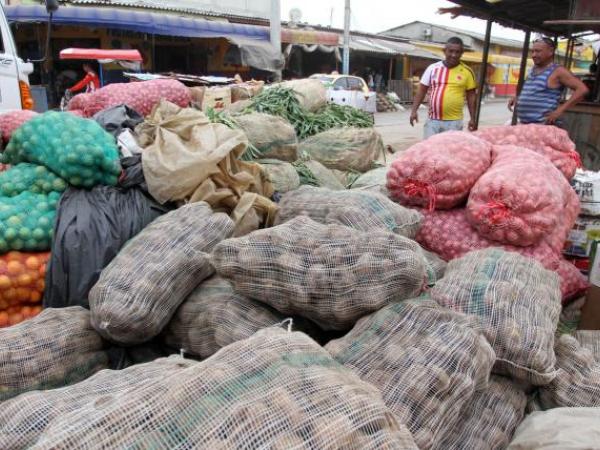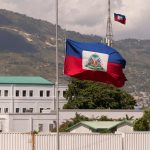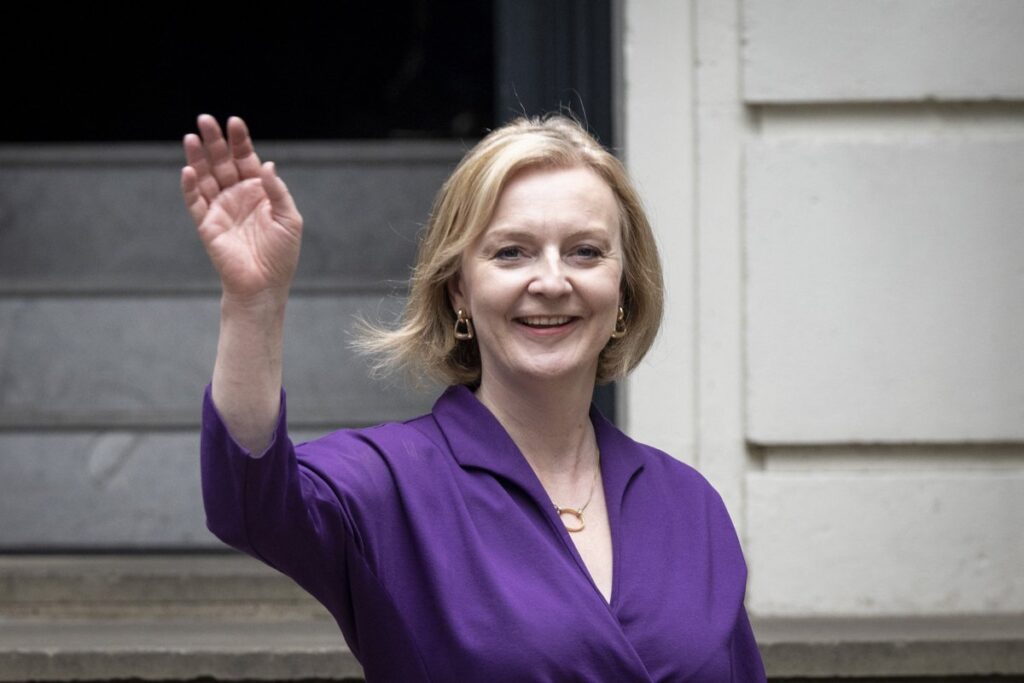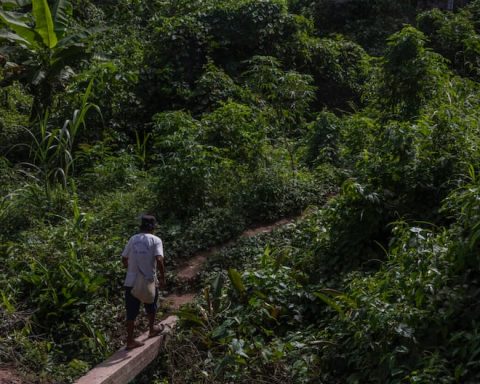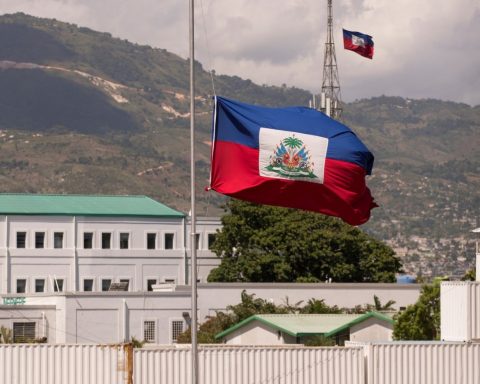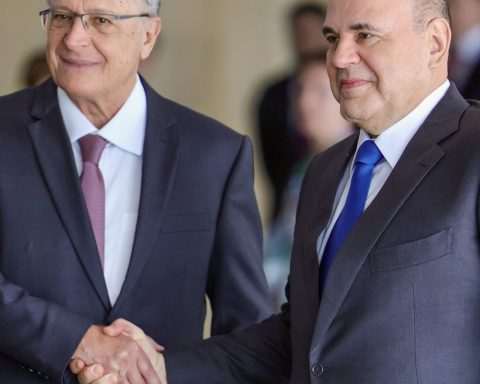Once again, inflation in Colombia exceeded its own historical maximum. This Monday, the National Administrative Department of Statistics (Dane) revealed that in August 2022 the annual variation of the CPI reached 10.84% and thus surpassed its previous historical record of 10.21%, which it had reached last July, just one month before.
(Inflation in Colombia reached 10.84% in its annual variation in August).
Although the current figure exceeds all the previous ones since records were kept, the concern is greater because the rise in prices would not have peaked.
“We think that inflation by the end of the year may be between 11% and 11.2% with a slow deceleration for next year in terms of price indexation being very high, that is, as soon as 2023 begins, everything will be it will readjust against past inflation which is around 11% and may make decelerating inflation difficult next year.”said Sergio Olarte, chief economist at Scotiabank Colpatria.
Among the reasons that explain that rise in prices is the depreciation of the Colombian peso, which has caused a good part of the products of the family basket, which have to do with imported elements such as cleaning, as inputs for the production of some foods, such as appliances, to increase their cost, driving annual inflation.
(Petro will quote the energy sector to evaluate price hikes).
Also, The problems associated with the high prices of inputs and imports due to the global logistics crisis persist.
According to Olarte, the greatest price increases come from the food in the basic basket of the low-income population.
“This continues to be very worrying, especially since a large part of the basic basket of the low-income population comes from food consumption, which means that there is still a long way to go before inflation reaches a ceiling and surely we are going to be talking about inflation of more than 11% in November of this year”he added.
‘Measures to reduce inflation should not lead to a recession’
For her part, María Claudia Lacouture, executive president of the Colombo-American Chamber of Commerce, AmCham Colombia, said that the government has the challenge of controlling prices without inducing an economic recession.
“Inflation gives no respite, neither in Colombia nor in the rest of the world. We cannot forget that inflation has accelerated in both developed and emerging markets over the past year as demand recovered from the pandemic before supply fully recovered. This requires that public policy actions seek to establish mechanisms that do not induce a recession to control prices. Business competitiveness, job creation and moderate spending capacity must be promoted to keep the pace of the economy”, Lacouture noted.
According to Anif, it is “imperative” that the government take the pertinent measures, both on the monetary and fiscal front, to contain the increase in the cost of living, without discouraging investment and production.
(Energy prices have grown 25% so far this year).
Anif also proposes to review the costs of electricity service on the Caribbean coast, which is the most affected by the inflationary phenomenon in this sector, as announced by President Petro, who summoned the authorities of the energy sector to review the increases. in energy rates that marked inflation in August.
BRIEFCASE
